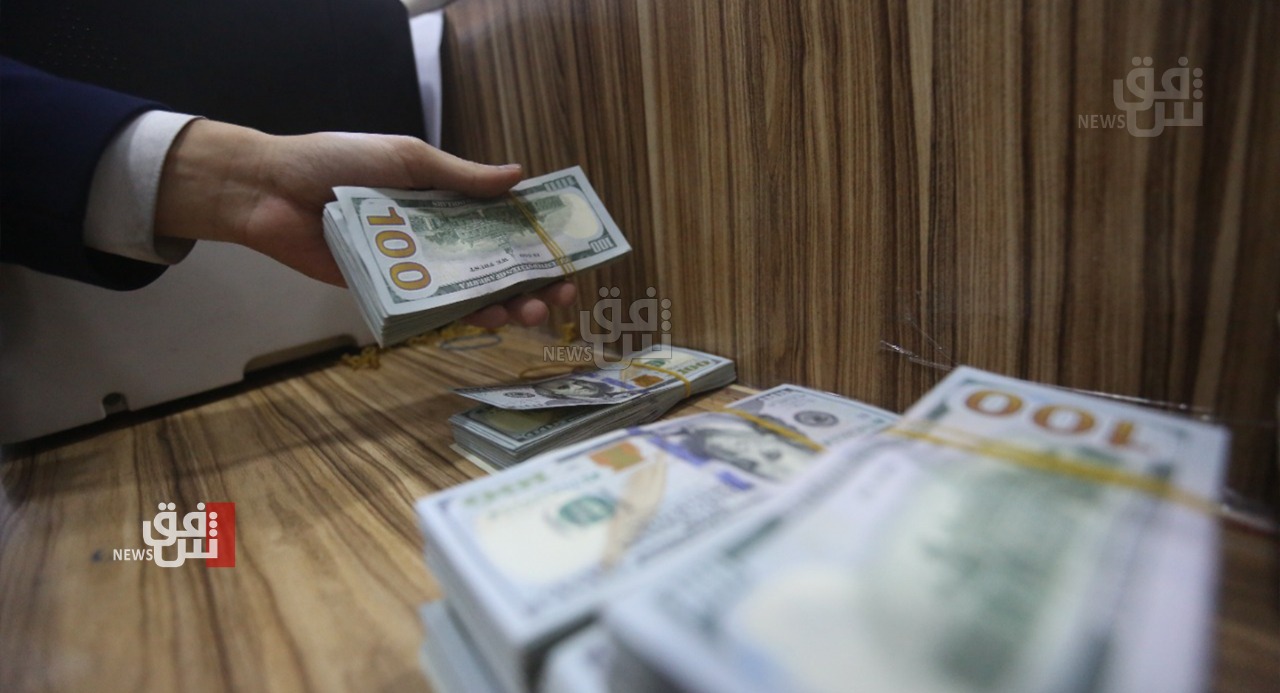Relief rally on banks rescue lifts riskier currencies; dollar slips

2023-03-17 00:00:00 - From: Shafaq News
Shafaq News / The dollar slipped on Friday after authorities and banks moved to ease stress on the financial system, taking the heat off most major currencies that tumbled this week in the wake of bank turmoil.
Action to rescue First Republic Bank (FRC.N) in the U.S. on Thursday boosted risk appetite globally on Friday as fears of a global banking crisis eased, making way for surges in the Australian and New Zealand dollars.
The antipodean currencies are traditionally shunned in times of risk aversion.
The Aussie jumped 0.79% to $0.6710 in Asia trade on Friday, while the kiwi rose 0.67% to $0.62375.
With oversight by authorities, large U.S. banks injected $30 billion in deposits into First Republic, which was caught up in a widening crisis triggered by the collapse of two other mid-size U.S. banks over the past week.
The move followed Credit Suisse's (CSGN.S) announcement earlier on Thursday that it would borrow up to $54 billion from the Swiss National Bank, after the central bank threw a financial lifeline to the embattled Swiss lender.
Credit Suisse had similarly become embroiled in widespread contagion following the implosion of U.S.-based Silicon Valley Bank (SVB), which resulted in a 30% plunge in its shares earlier in the week.
But even as the market rout stoked fears about the health of Europe's banks, the European Central Bank (ECB) went ahead with a hefty 50-basis-point rate hike at its policy meeting on Thursday.
ECB policymakers sought to reassure investors that euro zone banks were resilient and that if anything, the move to higher rates should bolster their margins.
The euro's reaction to the decision was fairly muted, though it gained more ground in Asia trade on Friday, rising 0.32% to $1.0645.
"The euro zone banking sector remains in reasonably solid shape," said Wells Fargo international economist Nick Bennenbroek.
(Reuters)

